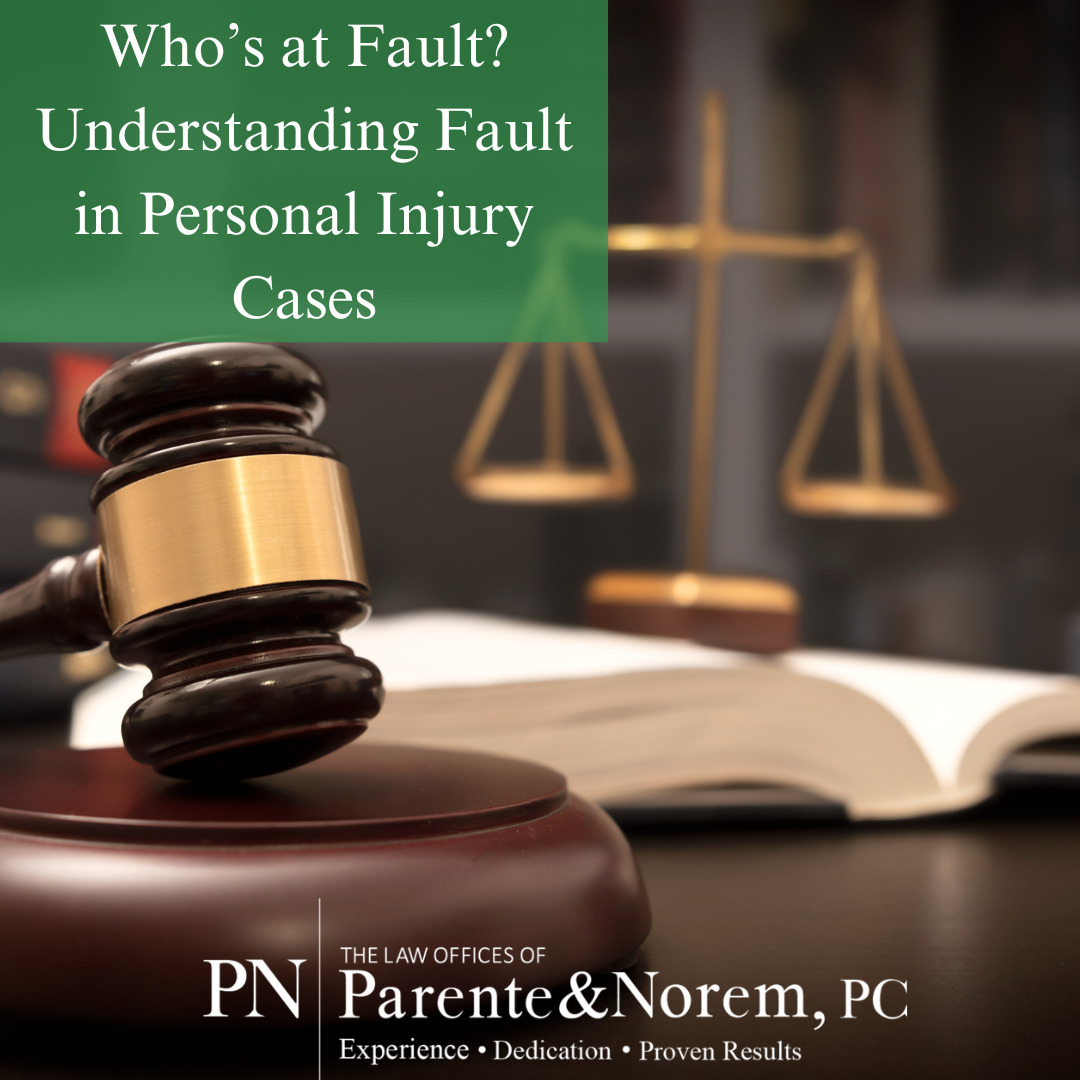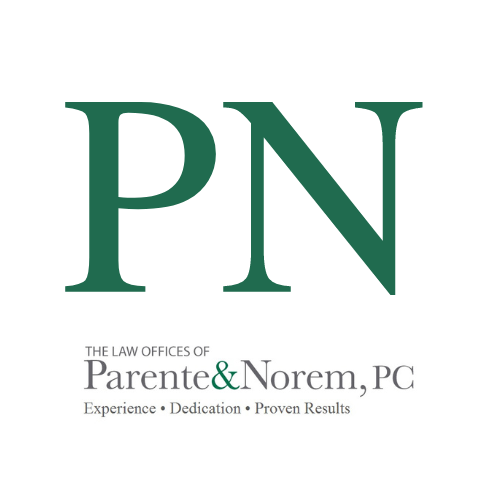
P&N BLOG | Who’s at Fault? Understanding Fault in Personal Injury Cases
When you’re injured due to someone else’s negligence, understanding who is legally at fault is critical for seeking compensation. Determining liability in personal injury cases can be complex, especially when more than one party shares responsibility. Here, we’ll outline the basics of how fault is determined and what factors come into play when multiple parties may be liable.
What is Negligence, and How Does It Relate to Fault?
Negligence is a legal term that refers to a failure to act with the care that a reasonable person would exhibit in similar circumstances. If someone’s negligence directly caused or contributed to your injury, they could be held liable for damages.
To prove negligence, your attorney will need to demonstrate:
Duty of Care: The responsible party owed you a duty of care (e.g., a driver has a duty to follow traffic laws).
Breach of Duty: They breached this duty by acting carelessly or irresponsibly.
Causation: Their actions directly caused your injury.
Damages: You suffered damages (financial, emotional, or physical) due to the injury.
How is Fault Determined in Personal Injury Cases?
Gathering Evidence: Fault determination starts with a thorough investigation of the circumstances leading to the injury. This may involve collecting police reports, witness statements, security footage, or photographs from the scene. Your attorney will use this evidence to paint a picture of how the incident occurred.
Identifying Liable Parties: It’s essential to identify all potentially responsible parties. In some cases, liability is straightforward, such as when a driver runs a red light and causes a collision. But in others, multiple parties may share responsibility; like in multi-vehicle accidents or situations where a property owner and an employee could both be held liable for a slip-and-fall accident.
Expert Witnesses: In some cases, your lawyer may bring in experts to determine fault. For instance, accident reconstruction experts can provide insights into a car accident, while safety experts might testify about proper protocols in a workplace injury.
Reviewing Legal Standards: Each state has specific rules about how fault impacts a personal injury case. For example, some states follow a “comparative negligence” standard, while others use “contributory negligence.” Understanding these legal standards is crucial in determining how much compensation you may be eligible for.
What Happens When Fault is Shared?
In some situations, more than one party may share the blame for an injury. States address shared fault in different ways, typically falling into one of the following categories:
Pure Comparative Negligence: In states with pure comparative negligence, each party is assigned a percentage of fault. You can recover damages even if you’re partially at fault, but your compensation will be reduced based on your level of responsibility. For instance, if you’re 30% at fault, your compensation will be reduced by 30%.
Modified Comparative Negligence: In states with modified comparative negligence, you can only recover damages if you’re less than 50% or 51% at fault, depending on the state. If you are found to be more than halfway responsible, you won’t receive any compensation.
Contributory Negligence: A few states still use contributory negligence, which is the most restrictive. Under this rule, if you are found to be even slightly at fault (even 1%), you cannot recover any compensation.
What to expect during the process of determining fault
The process of determining fault often includes several steps, which may vary depending on the complexity of the case. Here’s what you might expect:
Consultation with an Attorney: A personal injury lawyer will review the facts of your case and advise on your potential for recovery. They can help you understand the specific laws governing fault and your best course of action.
Case Investigation: Your lawyer will gather evidence, speak with witnesses, and work with experts to build a solid case showing the other party’s negligence.
Insurance Negotiations: Your lawyer will communicate with insurance companies to negotiate a fair settlement. Insurance adjusters may try to shift blame to reduce their payout, so having an attorney advocate on your behalf is essential.
Trial, if Necessary: If a fair settlement cannot be reached, your attorney may recommend taking your case to court, where a judge or jury will review the evidence and assign fault.
Why a Personal Injury Lawyer is Essential in Fault Determination
Personal injury lawyers understand the complexities of fault determination and have experience navigating cases where liability is disputed. They can help you maximize your compensation, even if you share some responsibility for the accident. Having a professional by your side ensures that every possible factor is considered, and your rights are protected.
Determining fault in a personal injury case can be complicated, but it’s essential for securing the compensation you need to recover. Whether another driver, a property owner, an employer, or multiple parties are responsible, an experienced personal injury lawyer can guide you through the process. By understanding how fault is shared and the legal standards that apply, you’ll be better equipped to pursue justice and move forward after an injury. If you or someone you know has been injured due to another’s negligence, call/text The Law Offices of Parente & Norem, P.C. today at 312.641.5926 today for a free case evaluation.
Latest Posts
P&N BLOG | When a Minor is Involved in a Personal Injury Claim
When a child is injured because of someone else’s negligence, the path to justice is more complex than it is for adult victims. Special legal...
P&N BLOG | What Is Negligence, and How Does It Affect Your Personal Injury Case?
When it comes to personal injury law, negligence is one of the most important concepts to understand. In fact, it’s the foundation of most...
P&N BLOG | What Compensation Can You Seek in a Personal Injury Claim?
If you’ve been injured due to someone else’s negligence or wrongful actions, understanding your rights and the compensation available is essential....
